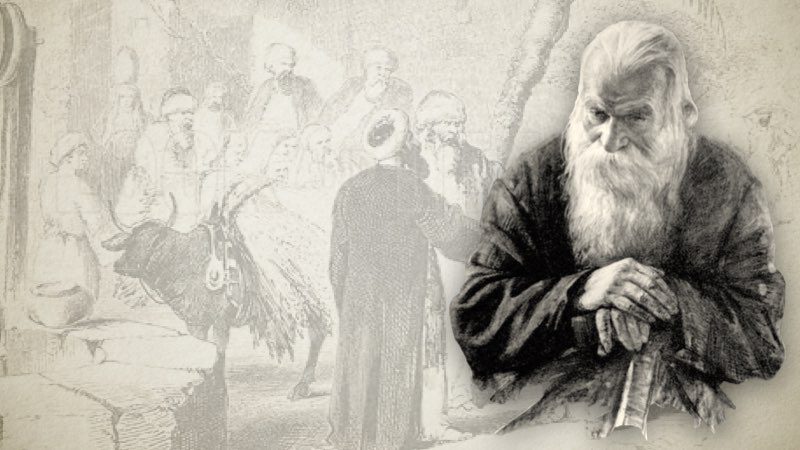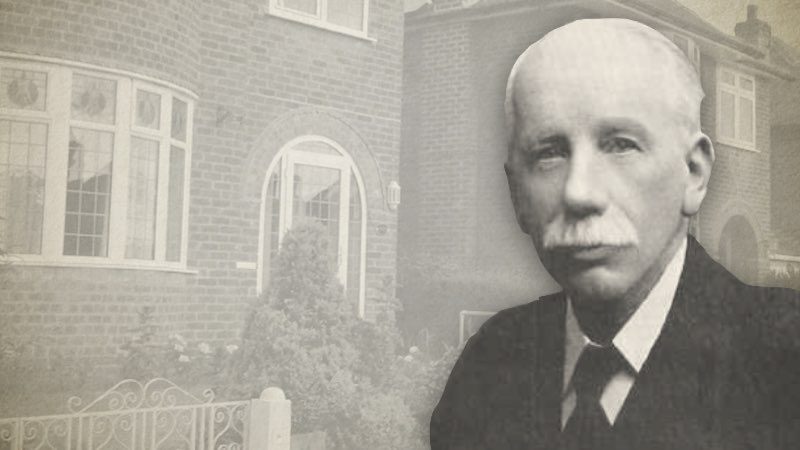-
2 Identifying Biblical Eldership
If a plurality of elders is the scriptural mode for church governance, as asserted by the Reformed Baptists, then every church falling short of this practice is in error. And a serious error it is, for the Reformed Baptists have made this issue a leading point of doctrine. Their biblical thesis for a plural eldership hinges on four propositions: First, church officers were chosen from the congregation at which time they became ‘elders’ (whether it be teaching or ruling elders). Second, the pattern recorded in the New Testament always points to each church having a plurality of elders. Third, this scriptural pattern is paramount to an apostolic prescription that is binding on each church—ideally, every congregation is responsible to appoint a plural eldership. Fourth, the…
-
1 An Introduction To Plural Eldership
During the 1950’s, a resurgence of Presbyterian theology greatly influenced a number of Baptist ministers. At that time, a revision was made on how Baptist churches should function. Drawing from the Presbyterian teachings on church polity, it was advocated that each congregation should be served by a plurality of elders and deacons. Elders would be responsible for the spiritual welfare of the church; deacons would be responsible for the physical upkeep of the church. As this concept was developed, two camps of plural eldership emerged:
-
Preface To The Teaching Transcripts
The following articles are transcripts (with slight revisions) of my pulpit teachings between the years 2010-2013, given to the church meeting at Kensington Place, London, over which I was then pastor. In the Autumn of 2009, the church came under internal and external pressures to replace the pastoral office with a plural eldership, as advocated by the Reformed Baptists. Since this type of polity had never been practiced by the 150 year old church, I was not quick to adopt the system. Nevertheless, I was willing to make the change so long as the Scriptures sanctioned it. The arguments set forth by the plural eldership proponents were strong and convincing—on a biblical and practical level. However, there were a number of contradictions and unsettled issues…
-
Jared Smith On Various Issues, The Earthen Vessel, William Styles, A Guide To Church Fellowship (Complete)
Spurgeonism And The Strict And Particular Baptists
Dear Sir,—For some time I have felt the need of a few straight and honest words on this subject, for the instruction both of brethren who are not sentimentally with us; and also of some of the members of our own Churches. The principles which distinguish us as a section of the Baptist denomination seem to be but little known. Our own friends manifest far less determination than they used, in contending for the faith—while hardly a month passes, but I am entreated to advance the interests of brethren holding the late Mr. Spurgeon's creed, by introducing them to some of our vacant pulpits, as if their views and ours were all but identical and our differences were most immaterial and unimportant.
-
A Pastoral Charge
The Charge Delivered By Mr. G. Moyle, Baptist Minister, Of Rye Lane, Peckham, At The Ordination Of Mr. S. K. Bland, Of Cheshunt. In the afternoon, Mr. Joseph Hamblin, late of Foot’s Cray, read a portion of scripture, and offered up sincere and earnest prayer for the pastor and people now united. Mr. George Moyle, of Peckham, delivered The Charge, from 2 Timothy 2:24,25: “And the servant of the Lord must not strive; but be gentle unto all men, apt to teach, patient. In meekness instructing those that oppose themselves; if God peradventure will give them repentance to the acknowledging of the truth." These words were written by an inspired apostle, and must not therefore be considered as the words of man, but as they…
-
A Declaration Of Faith
The church of God should continually "contend for the faith which was once delivered unto the saints.” (Jude 3), and in these darkening and disastrous days, our testimony should not be like muffled bells, but clear and distinct. "The children of Ephraim, being armed, and carrying bows, turned back in the day of battle" (Ps 78:9). Was it cowardice, or expediency, or a fatal love of ease? We cannot but remember the words, "Help, LORD; for the godly man ceaseth; for the faithful fail from among the children of men" (Ps12:1). "Faithful," that is, men of truth; "Amen men," as Luther called them. Openness, as opposed to reticency, straightforwardness, thoroughness and steadfastness are qualities absolutely needed now; courage is required to call things by their…








